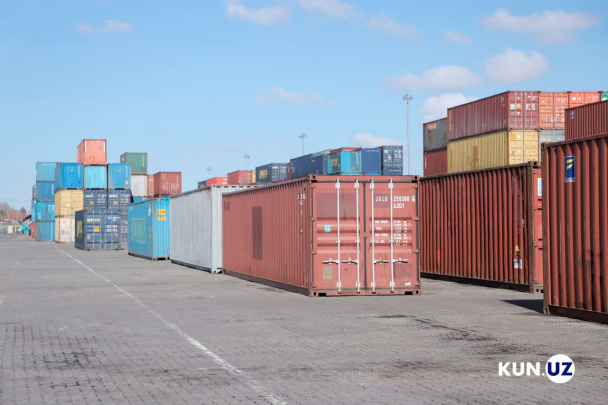A new version of the Labor Code has been published on the portal for discussing draft normative-legal acts.
The purpose of labor legislation is to regulate the interests of employees, employers and the state on the basis of ensuring balance and compatibility in individual labor and social relations directly related to them.
The main tasks of labor legislation are:
- establishment of state guarantees of employees’ labor rights and freedoms, as well as the right to work, free choice of work, fair and safe working conditions and protection from unemployment;
- ensuring the exercise of the rights of employers in the selection, placement and organization of an effective labor process;
- promotion and development of social partnership in the field of labor;
- ensuring effective protection of the rights and interests of employees and employers;
- ensuring the efficient functioning of the labor market.
Labor legislation regulates:
- individual labor relations between employees and employers;
- social relations directly related to individual labor relations.
Forced labor is prohibited.
Any work or service that is required of any individual under the threat of punishment for not voluntarily offering his or her service is recognized as forced labor. The threat of punishment means the application or threat of any material, physical or mental means of coercion that compel an individual to engage in labor activity without his or her voluntary consent.






